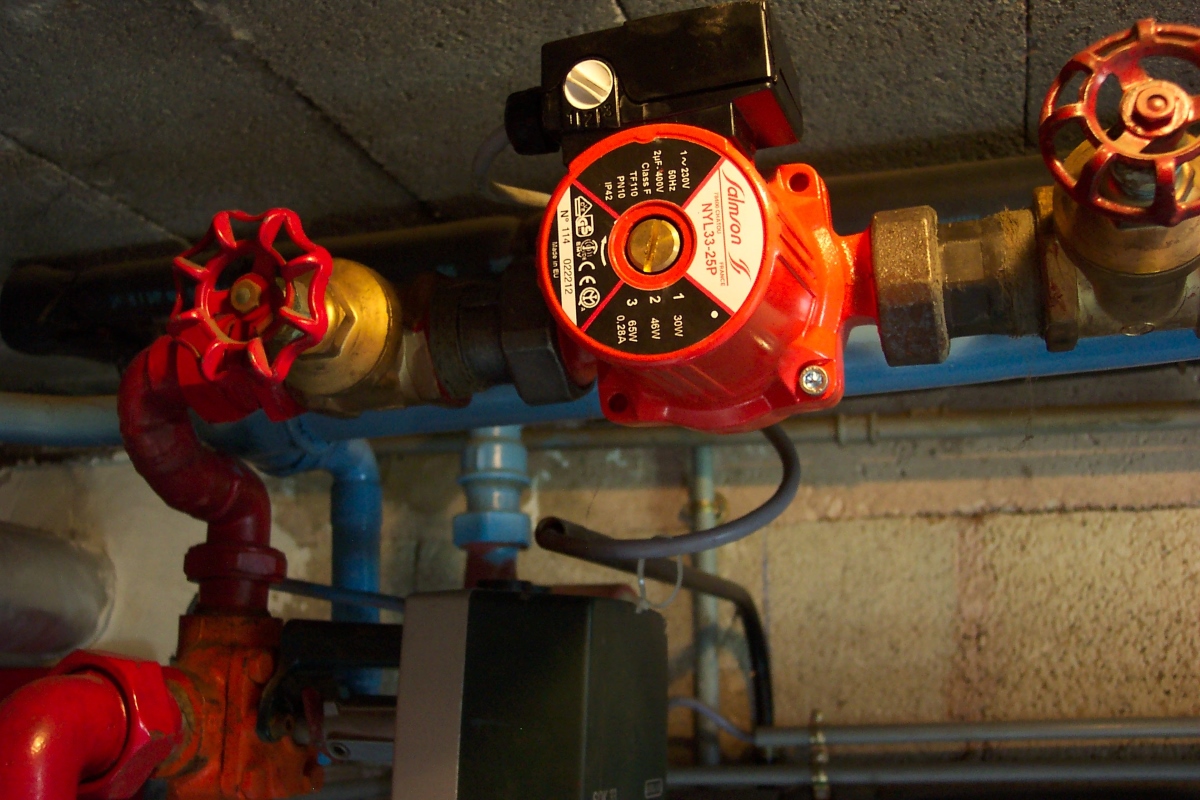M&E services are provided by facility management companies, whose primary responsibility is to offer a vast range of property maintenance services. These services range anywhere from cleaning to landscaping, from air conditioning to electric car charging points. Rather than using different contracts by specialist supplies, M&E services provide one contract with a bundle of services. Using M&E services drastically reduces costs and makes installing and maintaining facilities a whole lot easier.
What Is M&E Facilities Management?
M&E stands for mechanical and electrical services; it refers to all of the systems that a facilities management company installs and maintains. M&E refers to the whole process; installation, certification, maintenance and repairs. Mechanical and electrical systems are different, but they often work in cooperation to help run a business.
Mechanical Systems
The primary output and purpose of a mechanical system is a physical action. Mechanical systems can contain electrical components and rely on electricity to operate, but their primary function is physical.
Here are some examples of mechanical systems businesses often use:
- Escalators
- Elevators
- Air Conditioning Systems
- Machinery
- Tools & Equipment
- Boilers
Electrical Systems
Electrical systems primarily produce digital outputs. Some electrical systems do have physical functions, but these are their secondary functions.
Here are some examples of electrical systems businesses often use:
- Lighting Systems
- Control Systems
- Electric Car Charging Points
- Fire Alarms
- Power Supplies
M&E Installation
An engineer should always undertake the installation of mechanical and electrical systems. Professional facilities management engineers are correctly trained and highly knowledgeable. Systems can be complex; facilities management teams will always ensure the systems and business are safe, reliable and cost-effective.
M&E teams are there to help through every stage, from planning to installation, from testing to maintenance.
M&E Maintenance
Maintenance of mechanical and electrical systems should also always be undertaken by an engineer. Maintenance needs vary depending on industry requirements and what systems a business uses. Some companies require full-time on-site support or periodic/on-call maintenance.
M&E maintenance includes planned maintenance contracts, inspections, regular repairs and also 24/7 emergency services.
How M&E Services Benefit Businesses?
Maintain Business Assets
Mechanical and electrical systems are often businesses’ most valuable assets. Without these systems, many companies would have problems operating. Using M&E services ensures mechanical and electrical systems also meet safety standards, keeping staff and customers safe.
Free Up Company Time
Outsourcing facilities management frees up company time that they would otherwise use to train staff and complete maintenance. M&E services take care of the maintenance, giving businesses peace of mind that everything is done to the highest standard. This work can sometimes even be done remotely, meaning the engineers don’t even need to be on site.
Help Every Step Of The Way
Rather than sourcing a professional for each step, M&E services are available to help at each stage of the process. This saves money and time, and businesses can rest assured that the job is done correctly.
Maximise Efficiency & Save Money
M&E services make sure systems are up to date and working efficiently. This ensures mechanical and electrical systems work to the best standard and prevents future problems from occurring. Having regular maintenance significantly reduces the cost of replacements and repairs.
If your business requires M&E services in and around London, Kiasu Workforce is here to help. We pride ourselves on completing 100% of your projects 100% of the time. Contact us today to find out more.
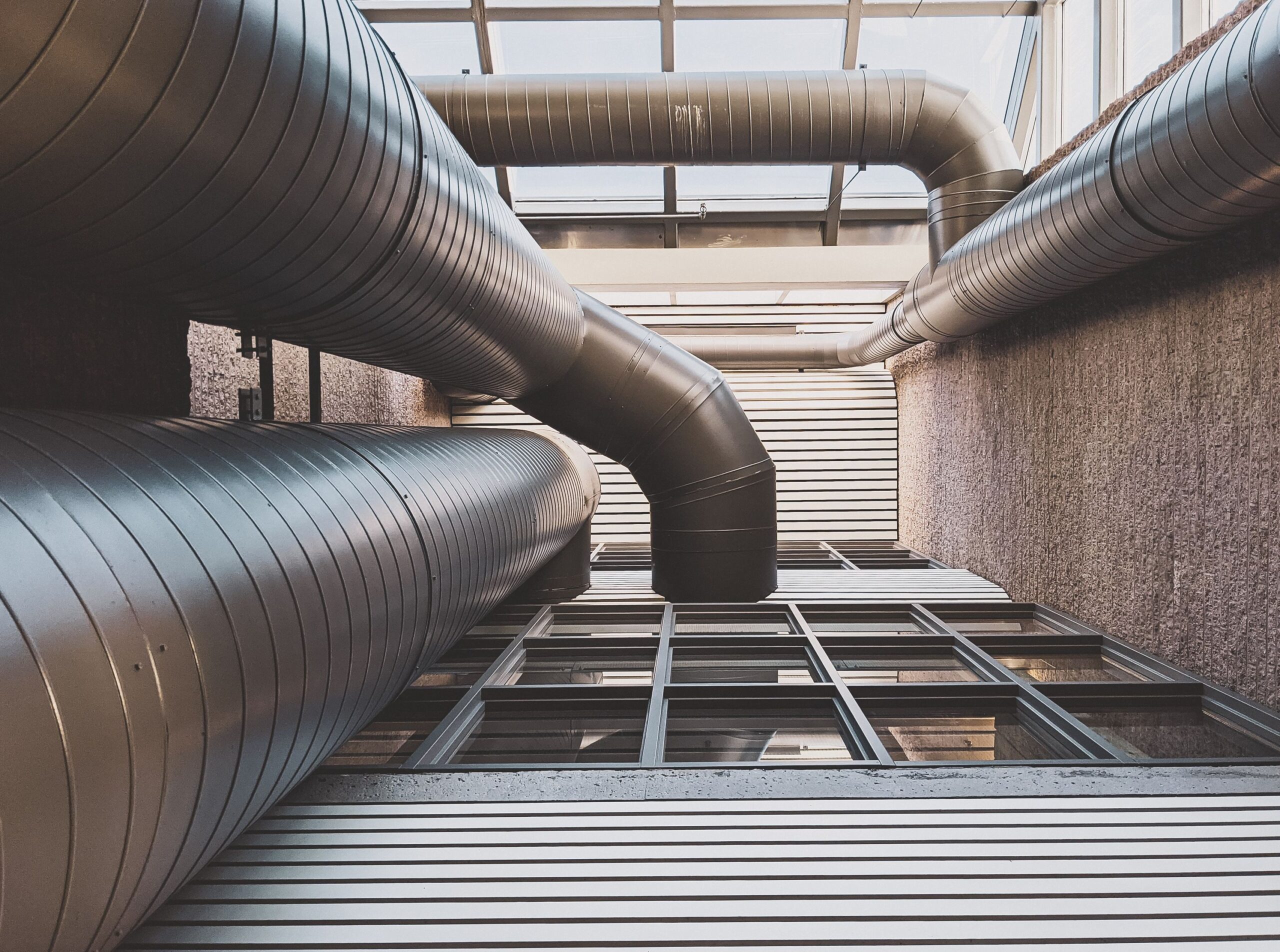
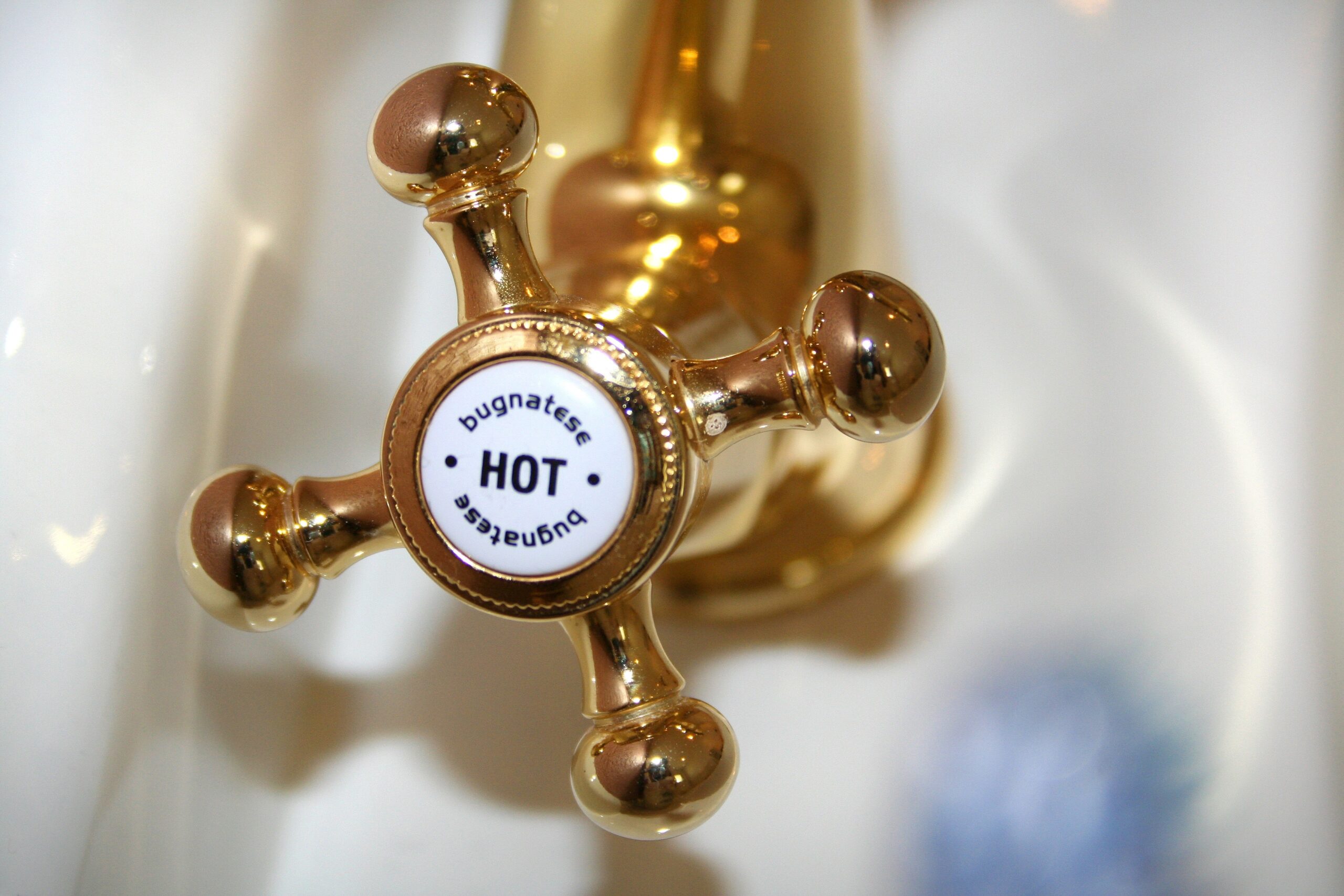
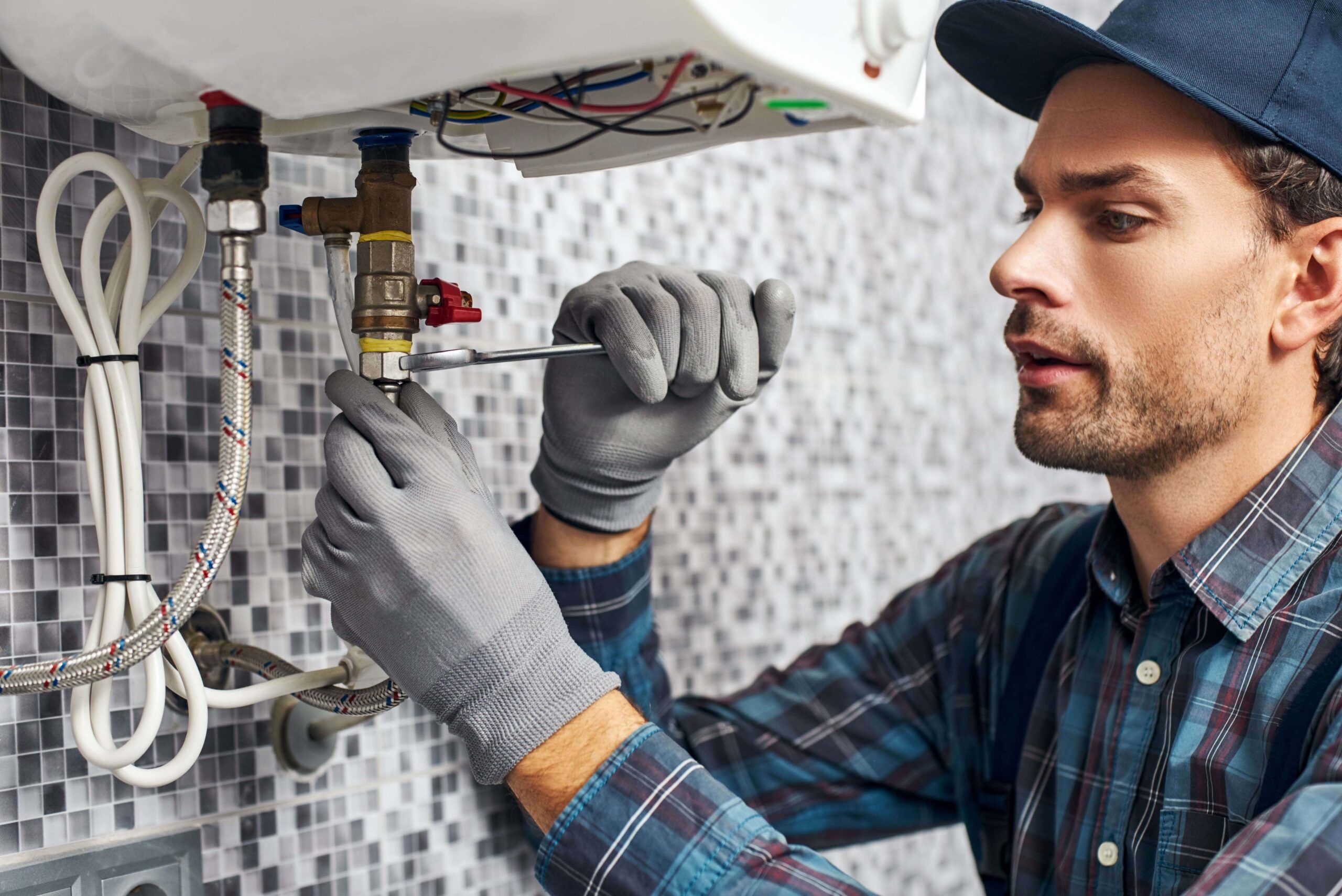
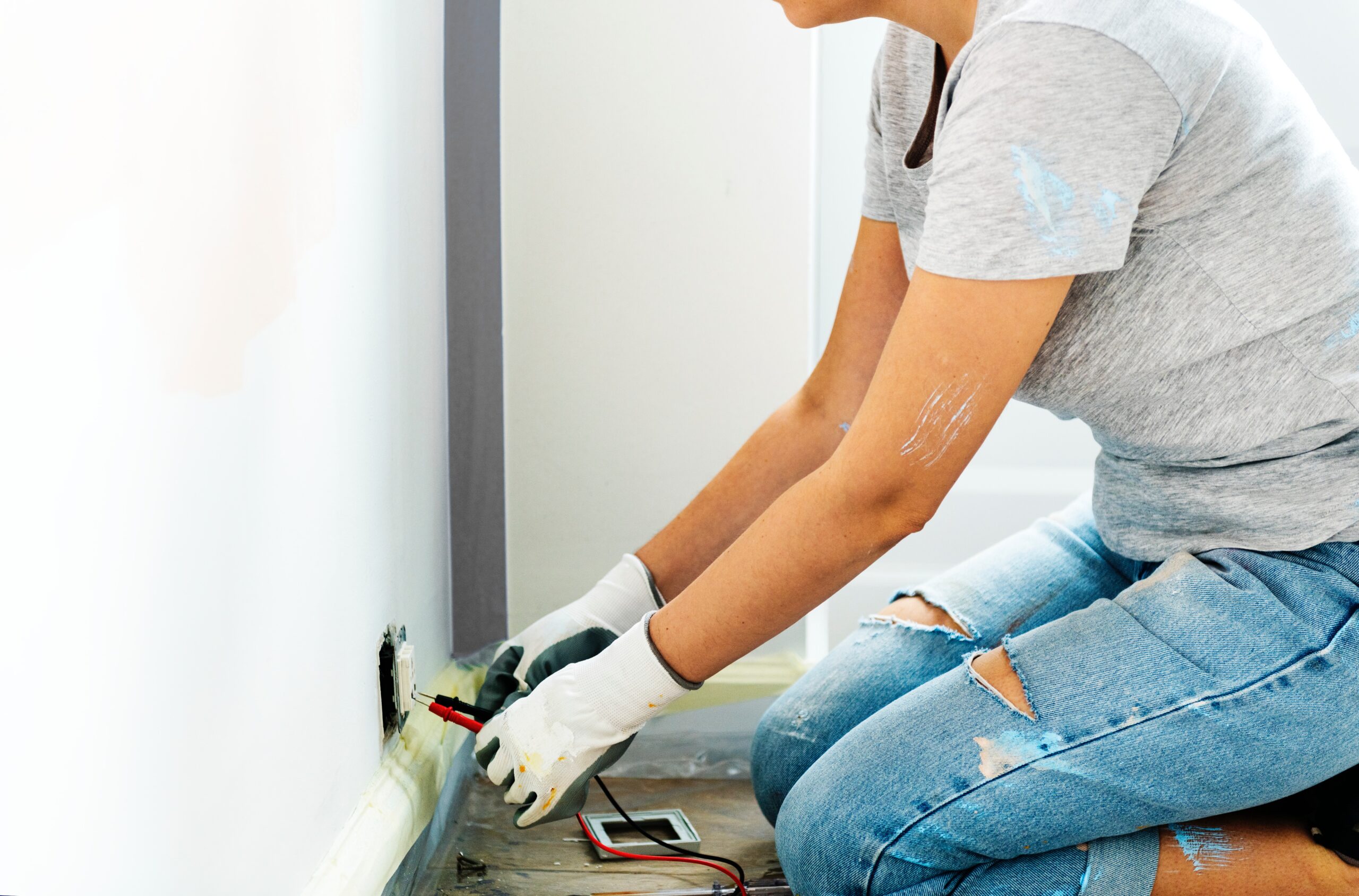

 Finally, we’re not advocating you taking your fuseboard apart and having a fiddle round with a screwdriver. However, there are several easy tests you can do yourself. Here are a number of risk-free visual checks you can carry out at home:
Finally, we’re not advocating you taking your fuseboard apart and having a fiddle round with a screwdriver. However, there are several easy tests you can do yourself. Here are a number of risk-free visual checks you can carry out at home: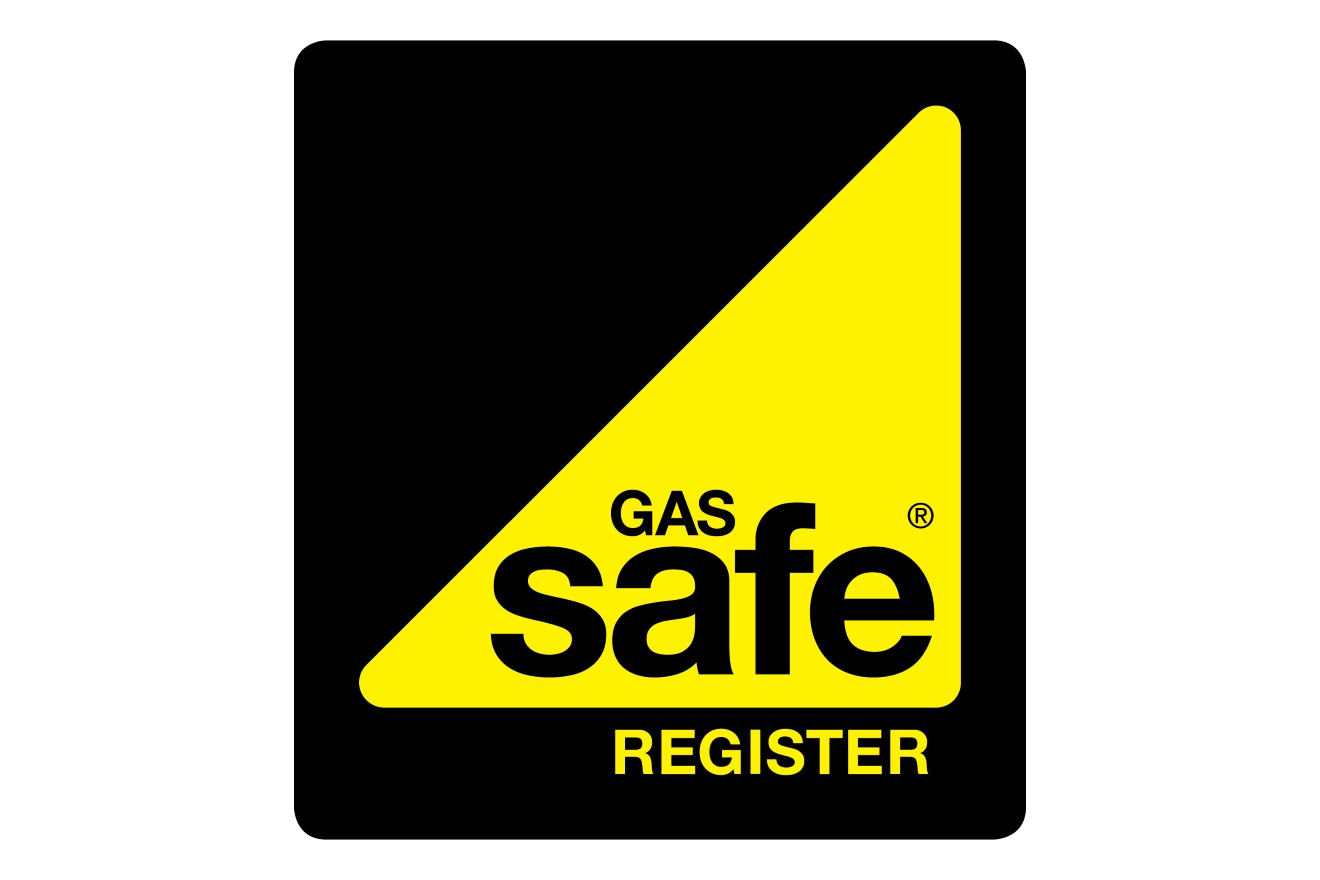


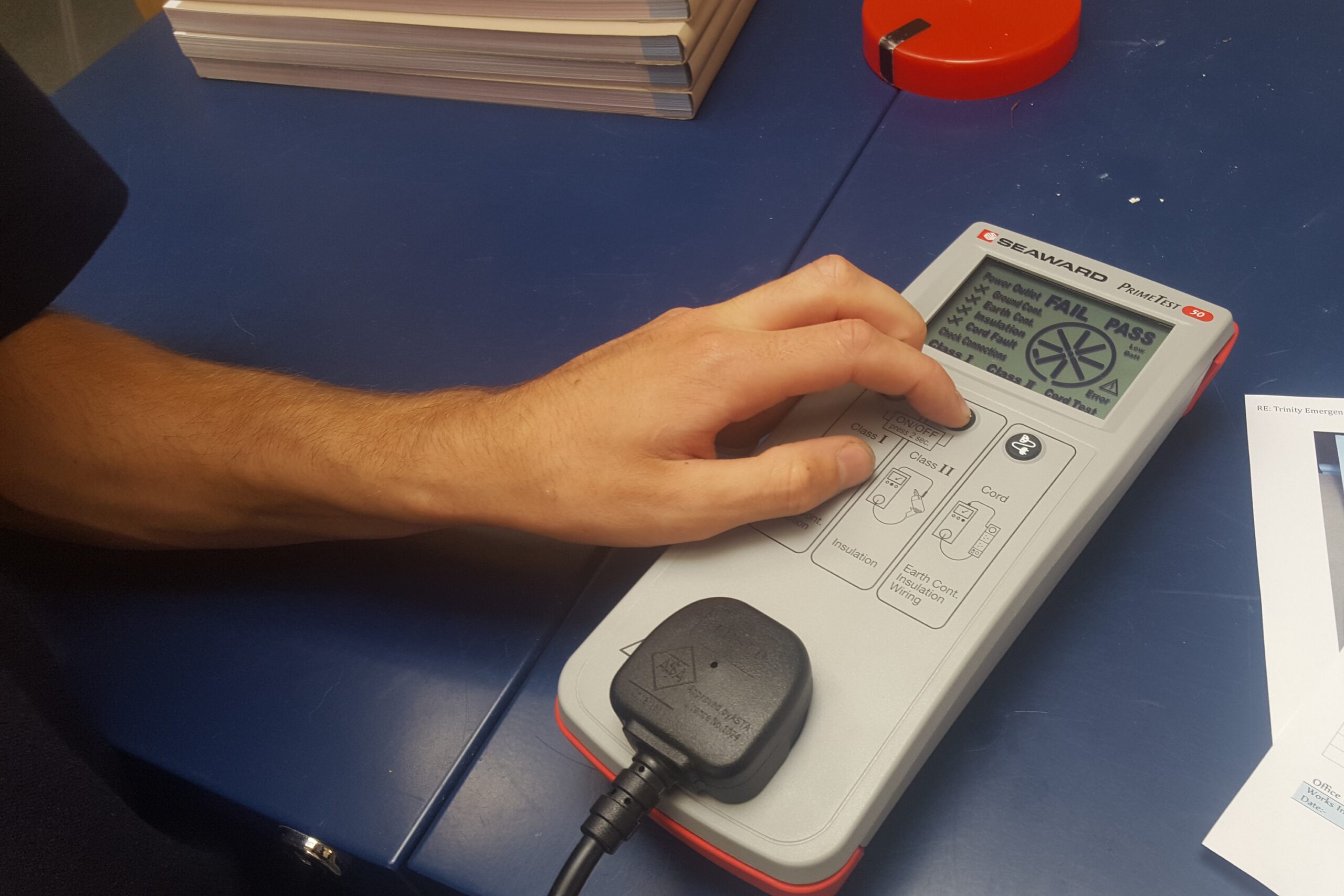



 The Internet of Things, or IoT, essentially refers to the collection of devices which are connected to the internet, functioning without user input in most scenarios. This connectivity allows devices to communicate with sensors, other devices and systems outside of the device.
The Internet of Things, or IoT, essentially refers to the collection of devices which are connected to the internet, functioning without user input in most scenarios. This connectivity allows devices to communicate with sensors, other devices and systems outside of the device.

